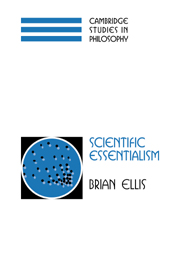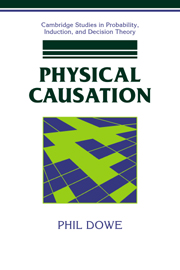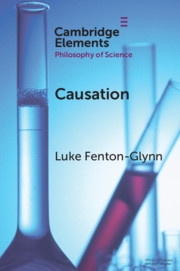Scientific Essentialism
Scientific Essentialism defends the view that the fundamental laws of nature depend on the essential properties of the things on which they are said to operate, and are therefore not independent of them. These laws are not imposed upon the world by God, the forces of nature, or anything else, but rather are immanent in the world. Ellis argues that ours is a dynamic world consisting of more or less transient objects that are constantly interacting with each other, and whose identities depend on their roles in these processes. The laws of nature are metaphysically necessary, and consequently, there are necessary connections between events.
- Calls for an alternative kind of realism to be required in philosophical analysis
- Ellis is an established and well-regarded scholar in his field
- Ellis argues that the laws of nature are not imposed upon the world by God, the forces of nature, or anything else. They are immanent in the world.
Reviews & endorsements
"In this useful and well-written account of his crusade against Humeanism, Ellis attacks this ubiquitous worldview on both scientific and metaphysical levels...this book is distictly rewarding for philosophers and scientists alike." Choice Dec 2001
"This is an impressive book.... what [Ellis] has presented is a theory of the metaphysical structure of the world..." Philosophy in Review
Product details
April 2001Hardback
9780521800945
324 pages
234 × 156 × 27 mm
0.6kg
1 table
Available
Table of Contents
- Preface
- Introduction
- Part I. Concepts:
- 1. Concepts of scientific essentialism
- Part II. Ontology:
- 2. Natural kinds
- 3. Powers and dispositions
- Part III. Scientific Explanation:
- 4. Realism and essentialism in science
- 5. Essentialism in the social sciences
- Part IV. Laws of Nature:
- 6. Theories of laws of nature
- 7. Natural necessity
- Part V. The New Essentialism:
- 8. The essentialist program
- Bibliography
- Index.








